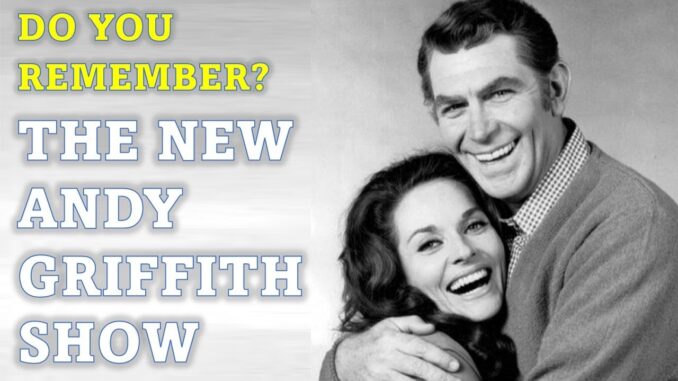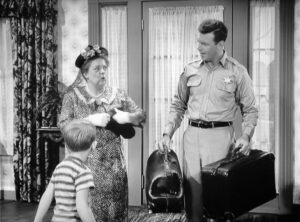
Ron Howard shares how The Andy Griffith Show transformed his iconic character, Opie Taylor. Howard began playing Opie at just six years old and continued until the show ended when he was 14. The beloved ’60s series starred Andy Griffith in the titular role, supported by a talented cast that included Don Knotts, Frances Bavier, Colin Male, George Lindsey, Howard McNear, Tom Jacobs, Aneta Corsaut, Jack Dodson, and Hal Smith.
In a recent interview on Conan O’Brien Needs a Friend, Howard explained how his father’s advice to Griffith significantly influenced Opie’s character development.
When asked about the freshness of Opie’s portrayal, Howard recounted how the character was initially written. Before his father’s intervention, Opie was depicted as a wise-cracking, precocious child, similar to many young characters of that era. After the first episode, Howard’s father quietly approached Griffith and suggested a softer approach for Opie, emphasizing that he should “actually respect his father.” Here’s Howard’s full quote:

“This is something that means a lot to me, and I didn’t know anything about it at the time, but later Andy told me this. When we were doing a revival, Return to Mayberry, or one of those interview specials, Andy mentioned that in the very first season, during the first episode, my dad—who was an actor, though not famous, but a professional—took it upon himself to quietly approach Andy at one point. He said, ‘Now I see they’re writing Opie kind of like the Rusty Hamer character on Danny Thomas. And like so many shows, where he’s a wise-ass. But you know, Ronnie can do that and everything, but what if he actually respected his father?’ Andy thought about it and later told me he went back to the writers and said, ‘Let’s write Andy-Opie like Ronnie-Rance.’ And they went for it.”
Why This Change for Opie Was Significant
This shift made Opie far more relatable, believable, and likable than many other child characters on television at the time, infusing The Andy Griffith Show with the profound kindness that characterizes the series.
According to Howard, Opie stood out from many young characters of that era, making him a more fully-formed and realistic young boy. This depth added to Opie’s appeal and contributed to the show’s overarching themes of compassion and understanding.
In his conversation with O’Brien, Howard revealed other interesting aspects of The Andy Griffith Show. He explained that many of the slow dialogue scenes between Andy and Barney were often improvised, created to fill time when episodes were shorter than expected. These improvised exchanges felt genuine, reflecting the natural rapport among the characters.
